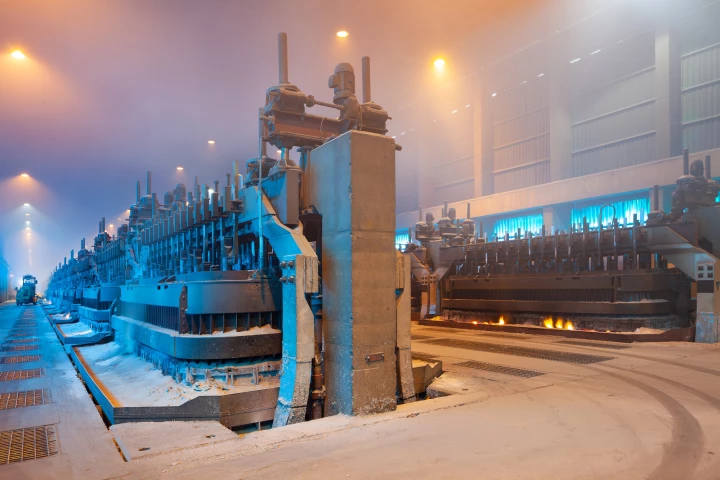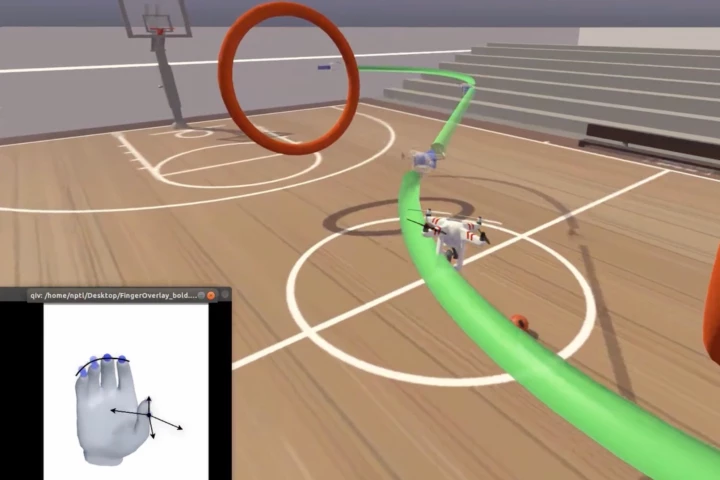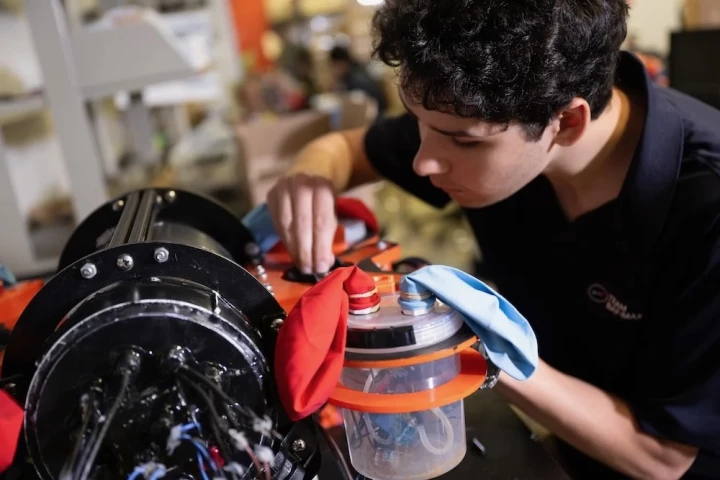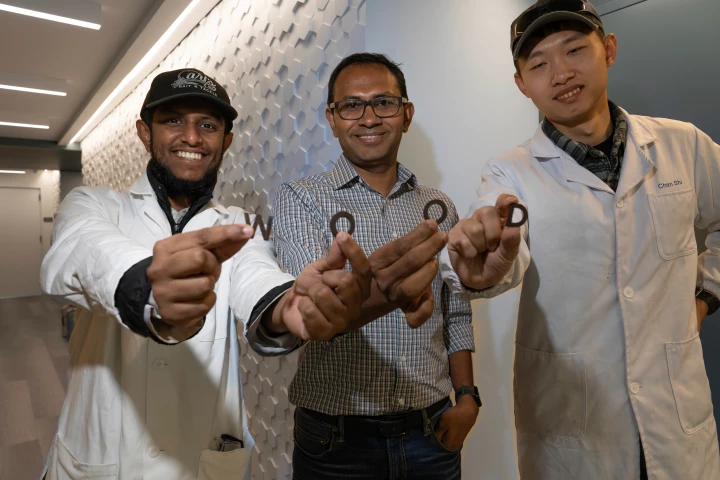Rice University
-
A new method “recharges” battery waste material to release lithium. It eliminates the need for harsh chemicals and energy-intensive smelting, offering a valuable path for green energy transition.
-
Tensions always run high between sports fans of rival teams on game day. But a new study shows that the rise of legalized sports betting in the US is turning those tensions into something far darker.
-
Industrial pipes carrying water or chemicals invariably get gunked up as deposits accumulate on their internal surfaces. Researchers in Texas have found that lining pipes with lab-grown diamond film can prevent buildup like nothing else.
-
If you've ever wondered why we are here, then you can thank Jupiter for part of the answer. A new study from Rice University suggests that if it weren't for the gas giant, the Earth would have spiraled into the Sun during its formation.
-
Aluminum production creates a toxic byproduct known as red mud. In an effort to cut down on this waste, researchers have figured out a way to send electric pulses through the mud to purify it and allow it to be reused instead of discarded.
-
A team of researchers at Rice University has developed a haptic feedback vest and camera system for a blind dog known as Kunde. The vest helps guide the dog through daily obstacles and the hope is that it will soon do the same for other pups.
-
Brain-computer interfaces may allow paralyzed people to perform basic tasks, but there's more to life than eating and typing. That's where a new BCI comes in, as it has allowed a man to fly a virtual drone just by thinking of moving his fingers.
-
Lithium-ion batteries power everything from our vape pens to electric cars, but they have one glaring issue: they rely on lots of hard-to-harvest lithium. A new reactor from Rice University is set to make the whole process easier and safer.
-
Lithium is a finite resource, and the more we lock inside rechargeable batteries, the less we have to use. A new speedy method to free the element from such sources could be a game changer in terms of the material's availability.
-
If scuba divers use inflatable BCDs (buoyancy control devices), why don't underwater robots? Well, an experimental new one does, and the technology is said to be much more energy-efficient than traditional methods of moving up and down in the water.
-
Scientists have developed a new "ink" that allows objects to be 3D-printed out of wood. The material could reduce the amount of wood that gets wasted in the manufacturing of various products, plus it could utilize existing wood waste.
-
Scientists have demonstrated an intriguing new technique to treat cancer – “molecular jackhammers” that latch onto cancer cells, then vibrate vigorously to kill them when activated by infrared light.
Load More











